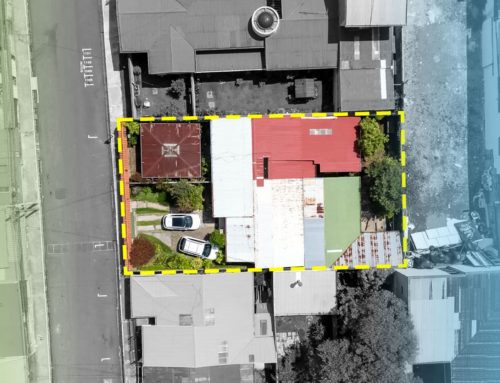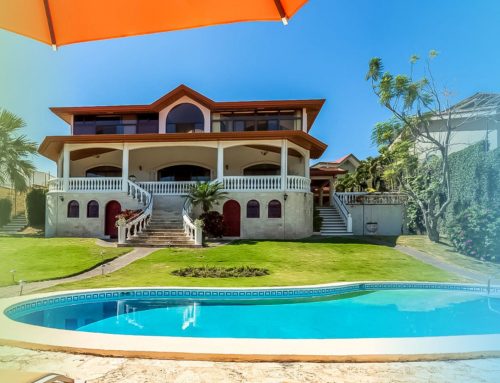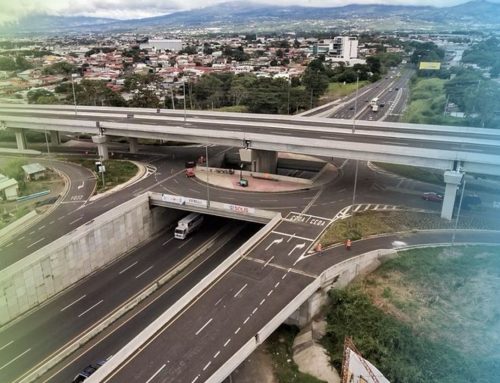Tenant Improvement Allowance ‘TIA’ – is the figure through which the landlord provides an amount of money to the tenant to pay for the cost of improvements or refurbishment of a commercial property, which can be paid in a lump sum or through a line of credit.
TIA Basic concept
When a company leases commercial space, it may need to modify the interior to fit its operational needs. These modifications can range from simple changes, such as painting and carpeting, to more major alterations, such as installing walls, electrical systems, plumbing and specialized infrastructure. The TIA helps the tenant cover part of the costs associated with these improvements.
When the landlord does not assume these capital expenses, he usually passes the costs on to the rental price, so that he amortizes the improvements over the life of the lease. If the tenant covers these costs, the rent will be lower.
However, the use of the TIA and the expenses it covers depend largely on market practices. In Costa Rica, in the office and industrial market, it is customary to offer an average of $250 to $300 per square meter for improvements. Any additional costs above this amount are borne by the tenant.

The TIA is a tool that has gained relevance for facilitating the decision making process when renting a commercial property. It is very beneficial for both parties as the landlord gets a longer lease and the tenant can dilute the cost of the fit-out in the monthly payment.









